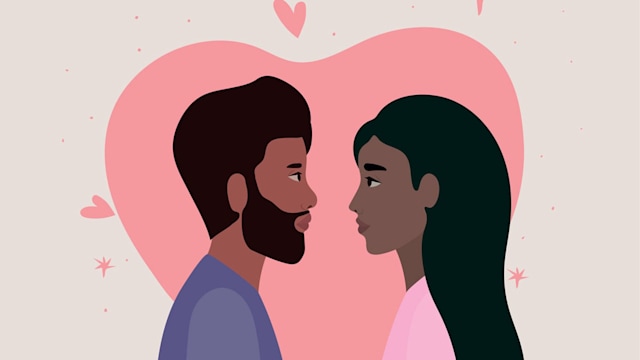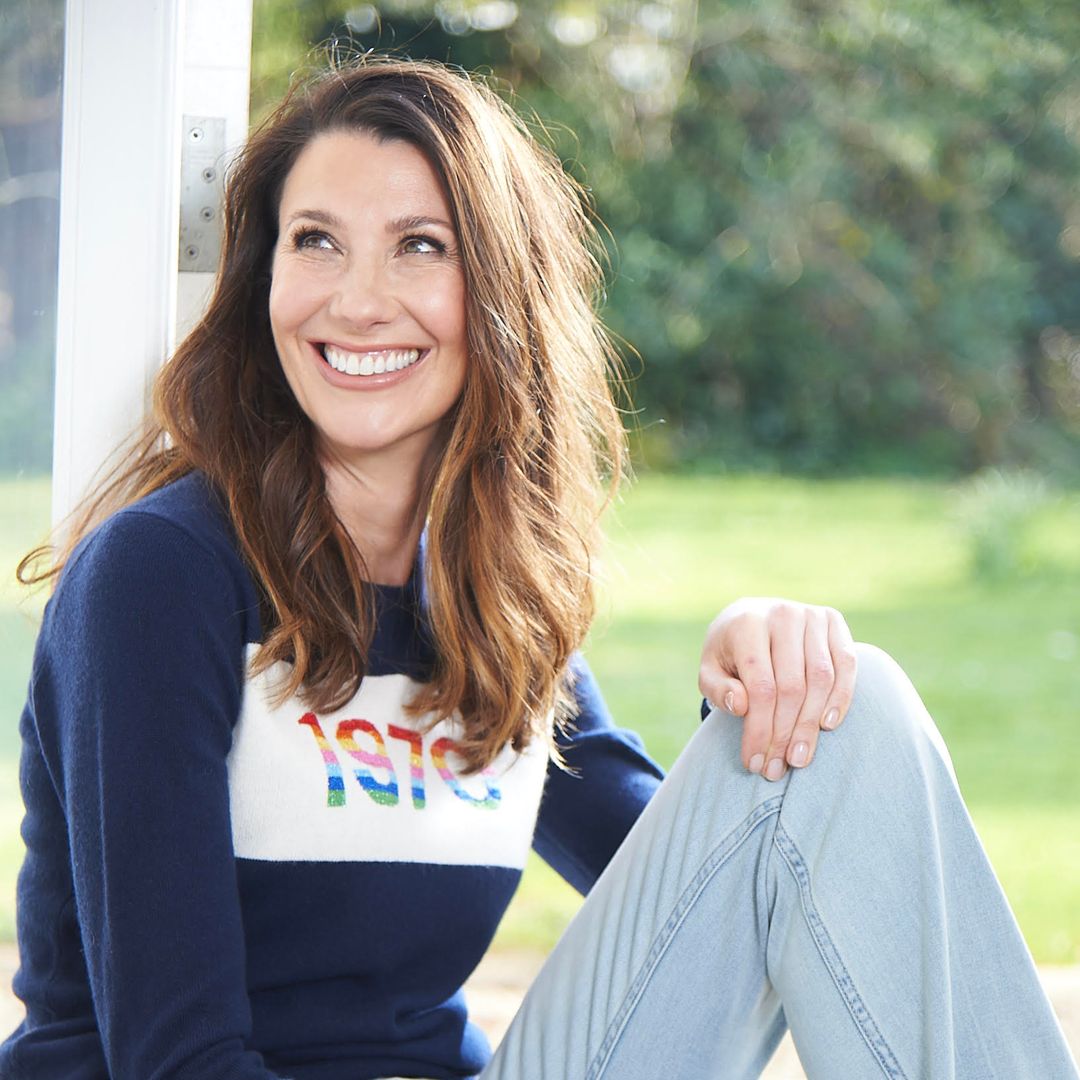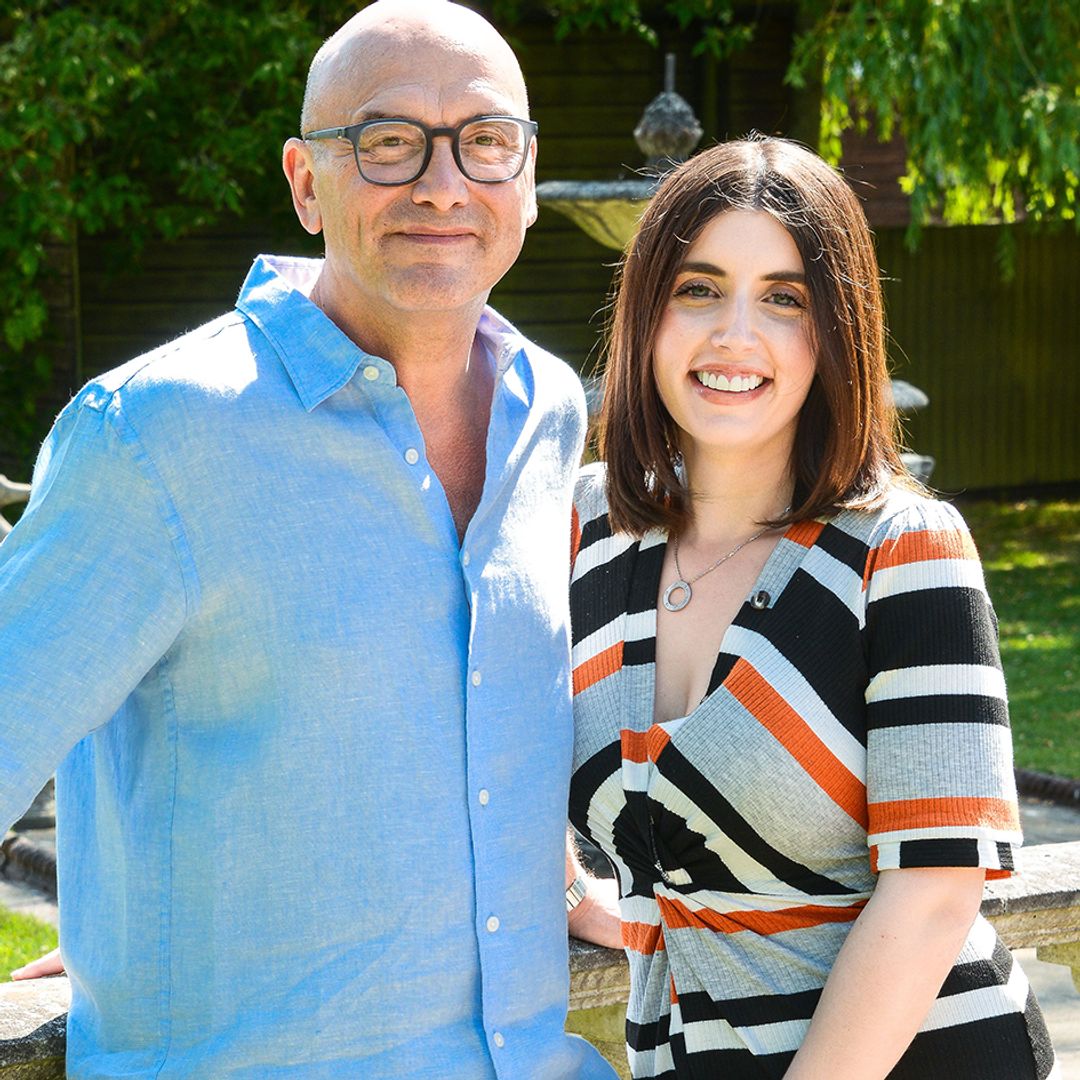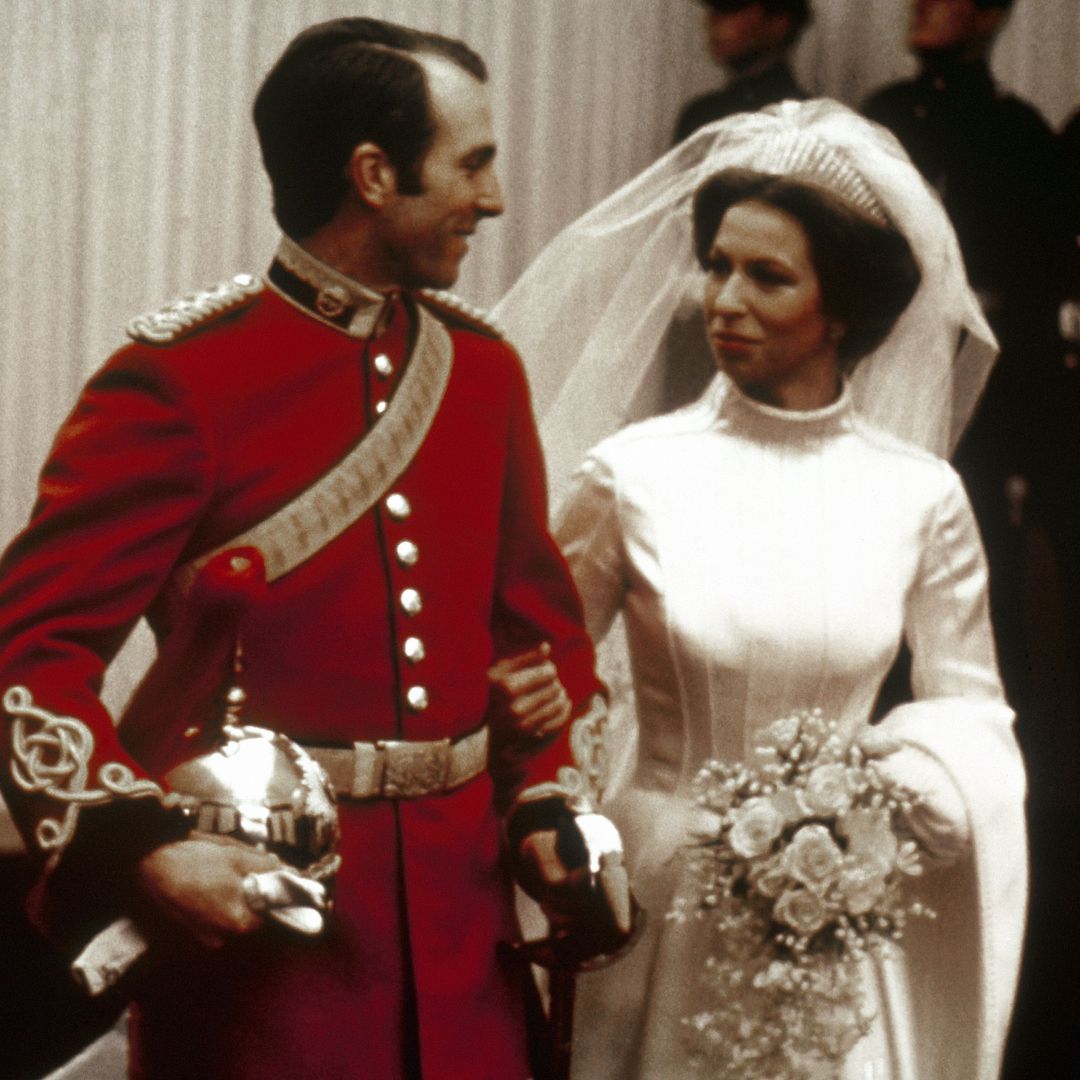If, like so many others, you put your dating life on hold during the pandemic, you might be wondering how to get back into the swing of swiping right, finding a match, and reuniting with that giddy feeling of pre-date butterflies.
PHOTOS: Royal engagement rings that are total show-stoppers
Yet if your dating endeavours haven't yet been successful, clocking your partner's love language could be the key to unlocking a relationship that truly goes the distance. But what is a love language? And how can you tell which one your partner has? HELLO! spoke to Dr. Laura Vowels, principal researcher and sex therapist at sex therapy app, Blueheart, for her hot take on how to better understand the languages of love.
WATCH: 10 of the most dazzling celebrity engagement rings
What are the five love languages?
Words of affirmation
If your partner's love language is words of affirmation, they'll feel most appreciated when you show your love with spoken or written words that confirm, support, uplift and empathise with them in a positive manner.
READ: Are Love Is Blind stars Mallory Zapata and Salvador Perez still together?
SHOP: 22 amazing websites to buy wedding dresses online
Quality time
Prioritise time spent with your partner and express your love and affection by giving them your undivided attention. Someone with this love language will thrive in a relationship most when being with you, and only you.
What is your partner's love language?
Physical touch
If your partner thrives off physical touch, they'll appreciate physical forms of affection more than any other displays of love. This love language doesn't always translate to sexual forms of affection either, sometimes just being close to you, holding hands, or cuddling is enough to show your partner you value them.
Acts of service
Acts of service is the rarest form of love language. People who thrive off this love language will feel most loved when their partner does something for them, (preferably without being asked). This could be tidying their space, cooking a meal, running errands or anything that takes a task out of their time. This partner's heart will swell at the thought of you giving up your time to help them - and will appreciate the physical expression of a thoughtful gesture.
Acts of service is the rarest form of love language
Receiving gifts
You may associate the receiving gifts love language as a materialistic approach to love, but this isn't always true. Your partner will feel most loved when they're treated to a gift, however small, and will appreciate your thoughtfulness and gesture. If your partner's love language is receiving gifts, they'll swoon over flowers, small surprises, or paying the bill at the end of the meal.
How can you work out what love language your partner has?
"The best way to figure out your partner's own love language is to have an open conversation with them about the acts of kindness that make them feel the most appreciated," says Dr Vowels.
"There isn't a set formula that will work for everyone, so whether it be words of affirmation, gift-giving, or quality time and physical touch, love language preferences will vary from person to person."
Learning your partner's love language is key
Why is it important to understand love languages in a relationship?
"Learning your partner's preferred love language can help to strengthen your relationship and deepen your connection with one another," explains Dr Vowels. "Understanding how to express feelings of appreciation and gratitude in a way that speaks to one another, can help you and your partner feel more supported in your relationship."
SEE: 20 failed celebrity engagements: Jennifer Lopez, Perrie Edwards and more
However, Dr. Vowels explains it's crucial that relationships are founded on trust, respect and connection (usually both emotional and physical).
"These are the most important things you can share with each other. Whilst gifts, gestures, and romantic moments all have a nice role to play in relationships, placing too much emphasis on them, (especially to the detriment of the other core qualities which enable long-term relationships to thrive) can cause issues and stop couples from creating the solid foundations they'll need to go the distance."
Like this story? Sign up to our HELLO! newsletters to get other stories like this delivered straight to your inbox.












